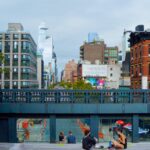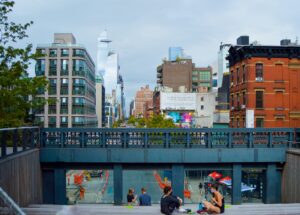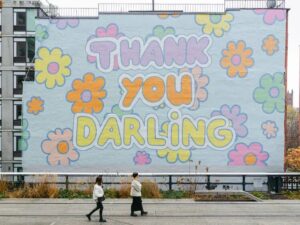The UN estimates that more than half of the global population currently live in cities, and this figure is expected to balloon to five billion urban inhabitants by 2030. In both developed and developing countries, the fast pace of urban growth often overwhelms existing housing and infrastructure. This in turn has led to an expansion of informal settlements, expensive rent, the growth of household debt and the consolidation of power and revenue with developers and landlords.
With these issues in mind, political leaders, academic experts, civil society organisations and community representatives from UN member states are meeting at the Habitat III conference in Quito, Equador, to develop strategies for managing an urban future, which they will define in the “New Urban Agenda”.
In general, the people and groups proposing solutions to these problems have access to certain forms of capital – not just economic, but also cultural or social, political, intellectual and natural capital. Each of these offers a way to exercise power and access resources, using means such as education, social connections, political popularity and natural resources. Access to any of these forms of capital can be a way of influencing the urban agenda and contribute solutions to the problems of the city.
Read the full article on The Conversation
Author:
Recommended by Luisa Bravo











More Stories
A stealthy reimagining of urban public space by Elizabeth Diller
Security by Design: Protection of public spaces from terrorist attacks
10 years of Global Public Space Programme – Annual Report 2022 and reflections on a Decade of Public Space